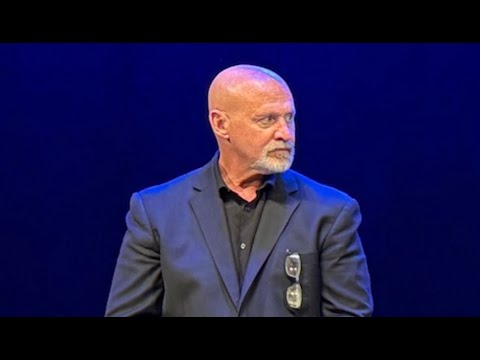National grief hotline GriefLine has been overwhelmed with a 1,100 per cent increase in calls since May as its volunteer counsellors help Australians through the coronavirus pandemic.
GriefLine’s co-chair Sarah Godfrey said the record influx in demand is largely due to social isolation caused by the pandemic.
“It could be a pet dying, it could be a job loss, a divorce, it can be the death of a loved one,” she told SBS News.
“And this year, with funerals and deaths being so traumatic and difficult because of isolation, we saw our demand for those kind of needs jump radically. Our projection is 57,000 calls in this financial year.”
But despite demand for the service skyrocketing, the organisation lost crucial funding this year.
“It’s a very strange experience for us, after being supported by the government for 32 years. In June we were told there would be no more money – both state and federal,” Ms Godfrey said.
With resources stretched to the limits, she said volunteer counsellors have been unable to respond to around 30 per cent of calls.
Ms Godfrey stressed that GriefLine is a preventive service, but said if people cannot access the service when they need it most, they’re at risk of spiralling.
“We come in and help them gain a footing mentally and give them coping strategies and resources, and we hold them until they can start to mend and feel that they can cope,” she said.
“If we can’t do that, then what it does is the people then slide into serious mental health issues, such as complex trauma or prolonged grief. So our area is important in the preventative form of a helpline.”
After a six-year hiatus from her career as a professional counsellor, Tammy Stander, 32, thought 2020 would be a good time to return to the industry, albeit this time as a volunteer.
She began working with GriefLine at the beginning of November and has already noticed the toll the COVID-19 pandemic has taken on people’s mental health.
“It’s been an incredibly difficult year for everyone. Everyone has been touched by COVID-19 in some way – obviously some more than others, but as a country, as a nation, we have all really felt it,” she said.
“We all really want to support each other and we’ve done such a fantastic job in doing that.
“[But] cutting any services this year, in particular, who are offering support for people that are suffering, I think that’s an enormous loss.”
Ms Stander said losing a loved one is extremely difficult in the best of circumstances, and the pandemic is only compounding people’s trauma.
“In terms of isolation and loneliness, particularly when someone has passed or someone has been going through a really tough time because of their grief, and not having the send-off for their loved one in the way they would usually do, because of the restrictions on funerals and not being able to have family fly in,” she said.
Ms Godfrey said the funding cuts come amid an influx in the number of volunteers offering up their time to counsel Australians through this difficult period.
She said more than 50 volunteers have put up their hands, but the organisation does not have the financial resources to train them.
In order to increase the capacity, GriefLine is currently developing an online training program to grow the volunteer network.
But with demands for the service expected to surge well into next year, Ms Godfrey stressed the need for more funding from all levels of government.
Readers seeking support with mental health can contact Beyond Blue on 1300 22 4636. More information is available at Beyond Blue.org.au. Embrace Multicultural Mental Health supports people from culturally and linguistically diverse backgrounds.







